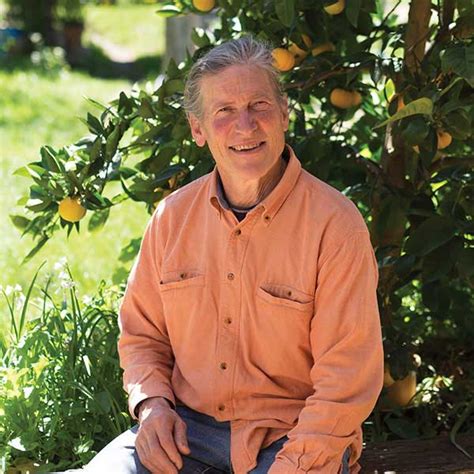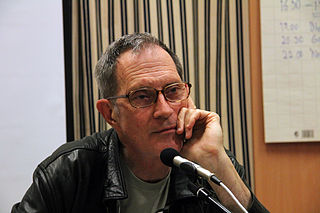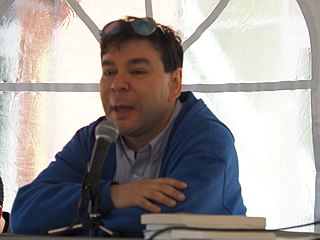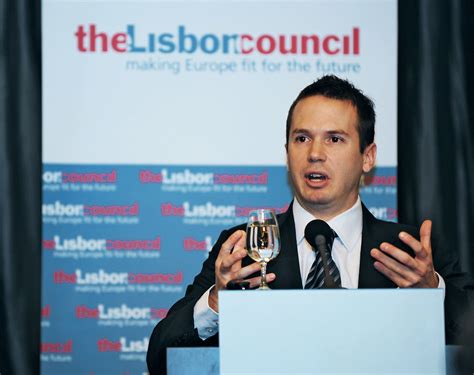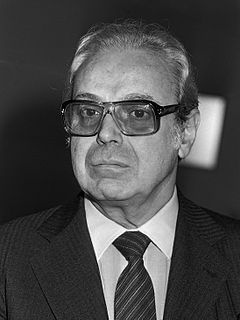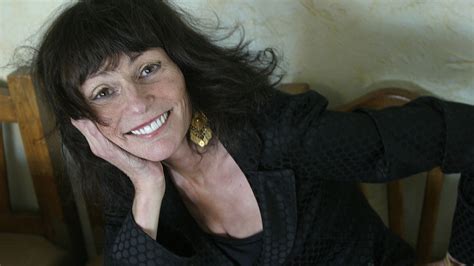A Quote by Atul Gawande
This is the reality of intensive care: at any point, we are as apt to harm as we are to heal.
Related Quotes
We think of justice sometimes as getting what you deserve, you know? - ?what crime was committed and what is the punishment for that crime. That's how a lot of the criminal justice works. But God's justice is restorative, so it's not as interested in those same questions of "What did they do wrong?" and "What is the punishment for that?" It's more about what harm was done and how do we heal that harm, and that's a much more redemptive version. So, it definitely doesn't turn a blind eye to harm, but it does say we want to heal the wounds of that.
Now departure from the world of men is nothing to fear, if gods exist: because they would not involve you in any harm. If they do not exist, or if they have no care for humankind, then what is life to me in a world devoid of gods, or devoid of providence? But they do exist, and they do care for humankind: and they have put it absolutely in man's power to avoid falling into the true kinds of harm.
Literature for me… tries to heal the harm done by stories. (How much harm? Most of the atrocities of history have been created by stories, e.g., the Jews killed Jesus.) I follow Sartre that the freedom the author claims for herself must be shared with the reader. So that would mean that literature is stories that put themselves at the disposal of readers who want to heal themselves. Their healing power lies in their honesty, the freshness of their vision, the new and unexpected things they show, the increase in power and responsibility they give the reader.
A wound needs air in order to heal. We must talk about and expose those things which have hurt or harmed us in some way. Our wounds need nurturing care in order to heal. If we are to nurture and heal, we must admit that the wounds exist. We must carefully do what is necessary to help ourselves feel better.



